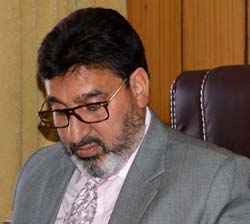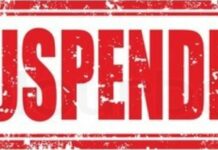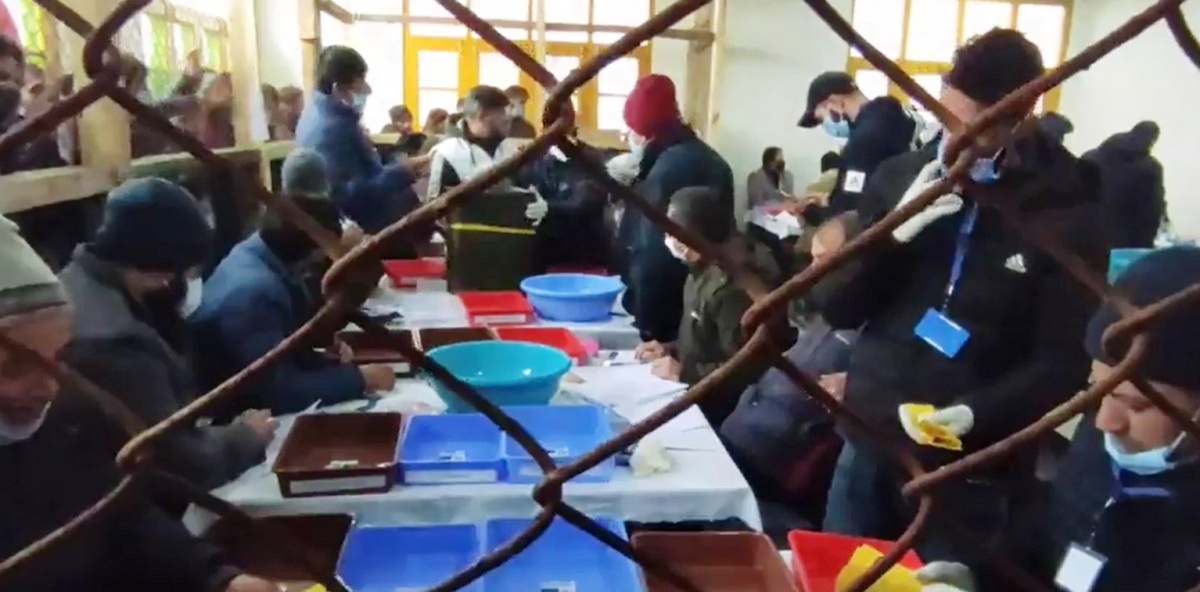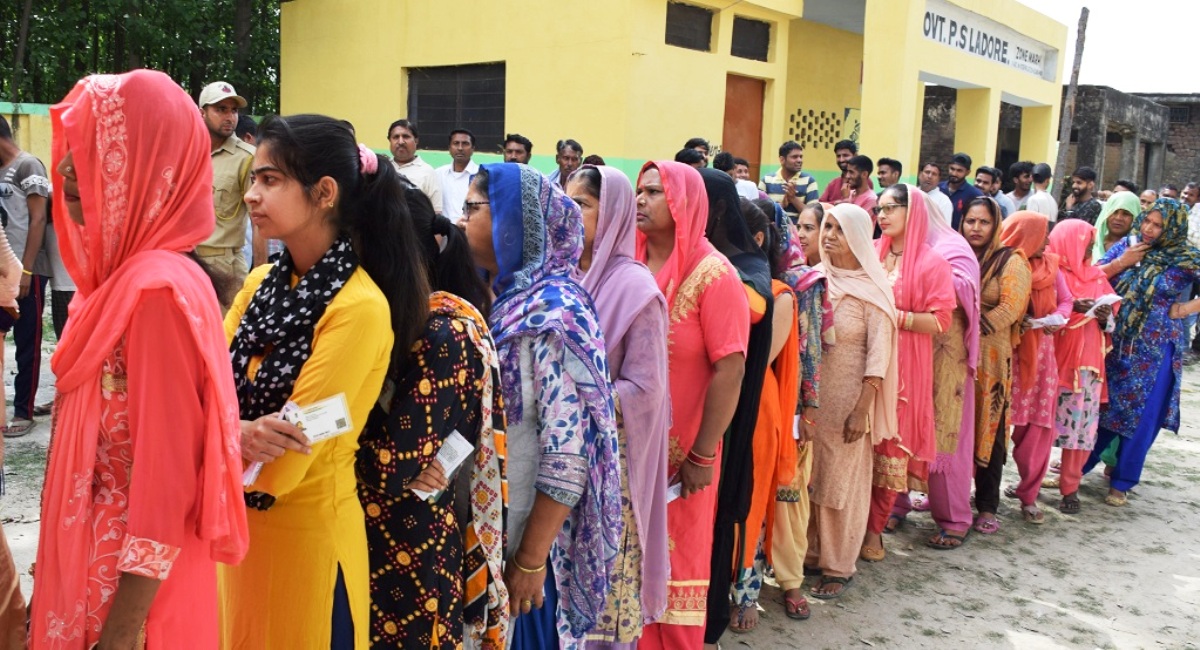by Saifullah Bashir
SRINAGAR: As electricity plays hide and seek in Kashmir – a situation that dominates the autumn and winter, the Jammu and Kashmir government has served a show-cause notice to an employee of the forest department for criticizing the Power Development Department (PDD) through a Facebook video.
The employee has been asked to explain his position or face the axe.
According to the notice, seen by the reporter, the employee had criticized the PDD department through a Facebook video for enhancing the electricity charges at a time when the load shedding was at its peak. He had argued that given the load shedding, the school children are not able to attend the online classes.
“Since you are a government employee this amounts misconduct the violation of Section 18 of Jammu and Kashmir Government Employees (Conduct Rules) 1971,” reads the notice
Pertinent to mention that Kashmir witnesses unscheduled power cuts amid temperature plummeting below sub-zero. The PDD has said that in the Kashmir division the transmission capacity has been increased and 1750 megawatt is being supplied, which is 320 MW higher than the previous year. However, the demand in Kashmir has reached 2800 MW. The mismatch is leading to a deficit that the department is managing by cuts, some scheduled and some unscheduled.
The power supply in Kashmir is being managed by a wholly-owned company called Kashmir Power Distribution Company Ltd (KPDCL).
The official was asked to “explain your position for this act within a period of 3 days, failing which action under rules shall be initiated against you,” the notice reads.
Earlier, several employees were terminated by the government citing “terror links and unauthorized absence from duties”.
The tough measure of the government has also received political attention. Addressing women’s wing functionaries Jammu and Kashmir National Conference’s Shameema Firdous said that “we are not being allowed to move outside. If youth protests on electricity or water supply they are being booked under Public Safety Act (PSA)”.















